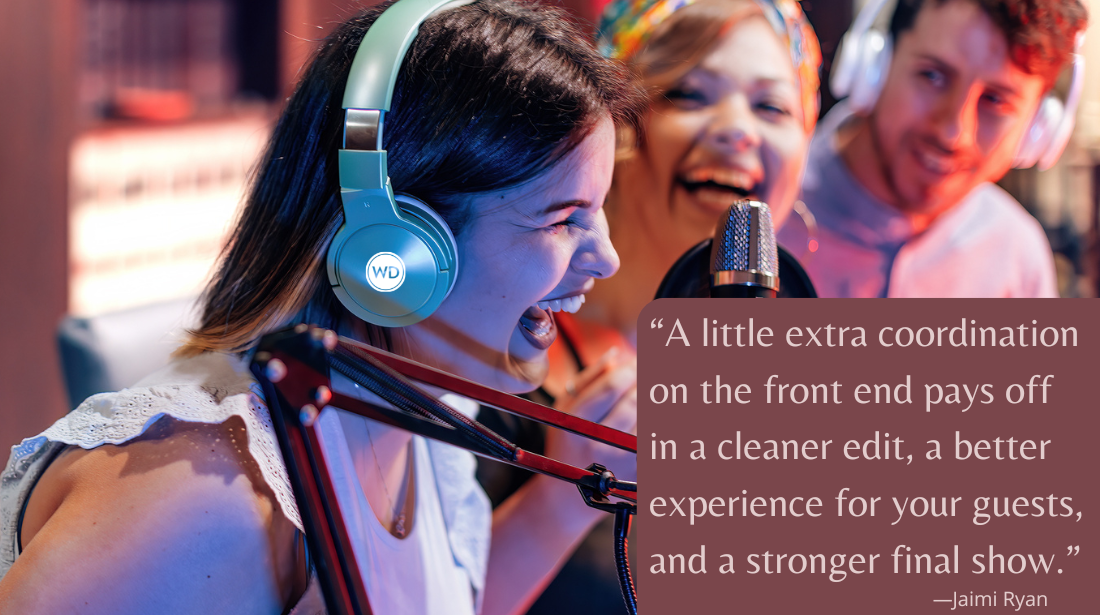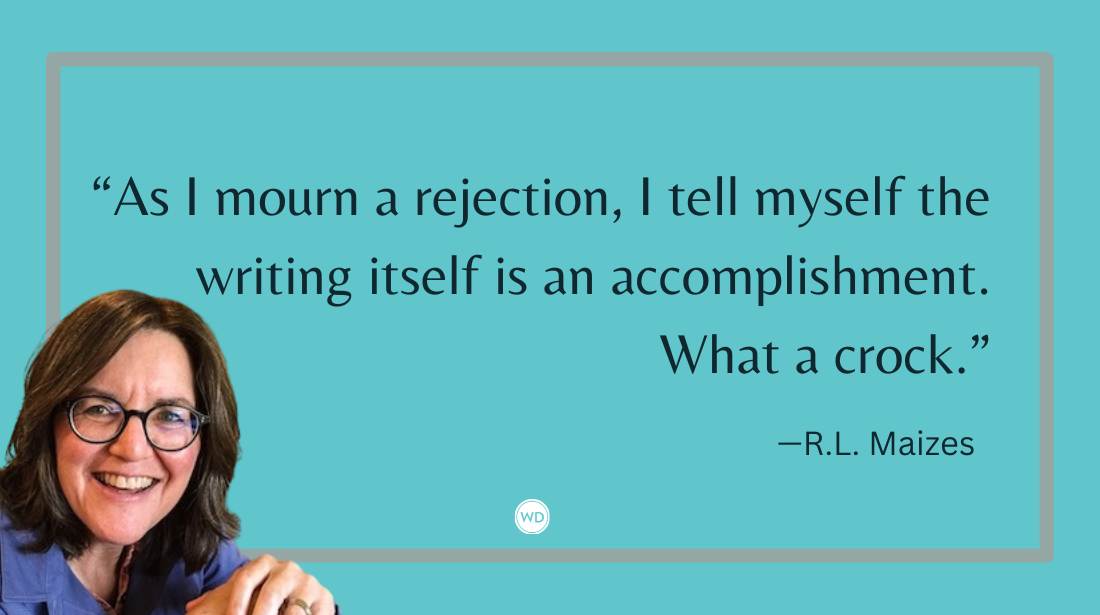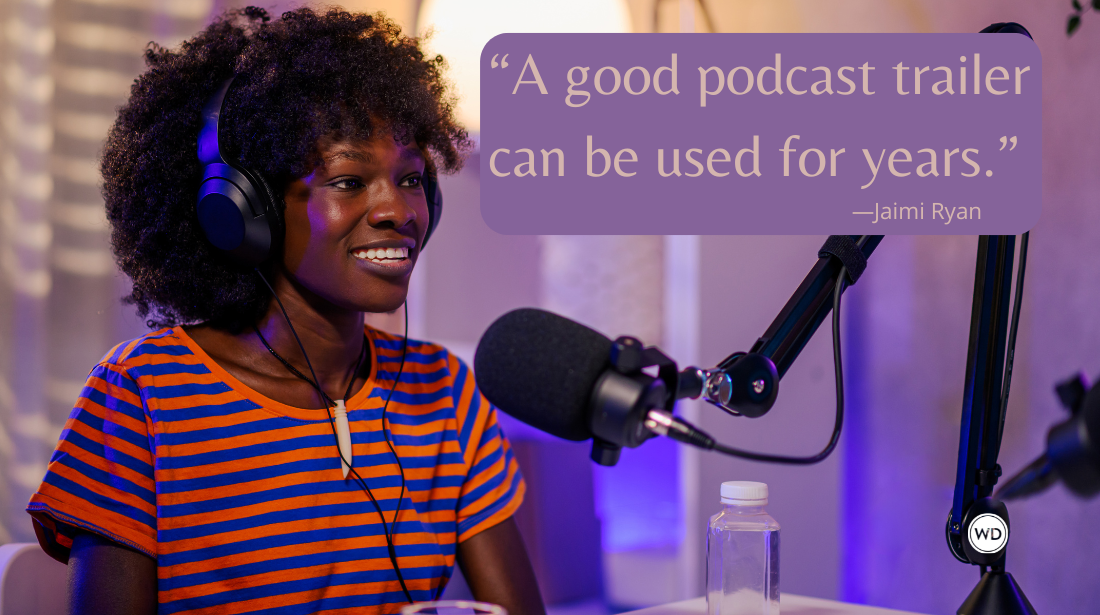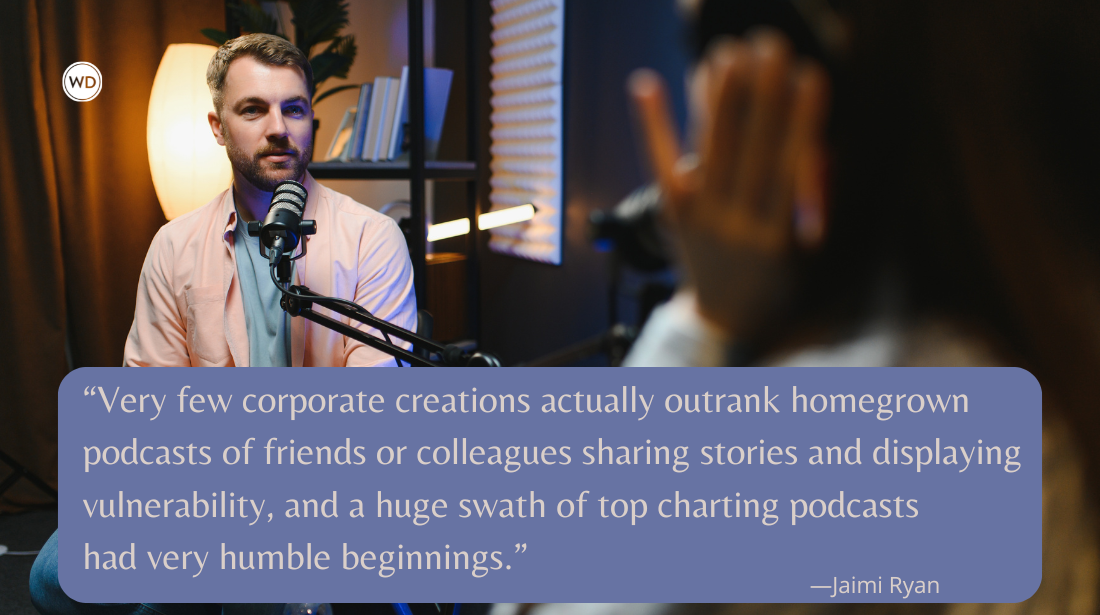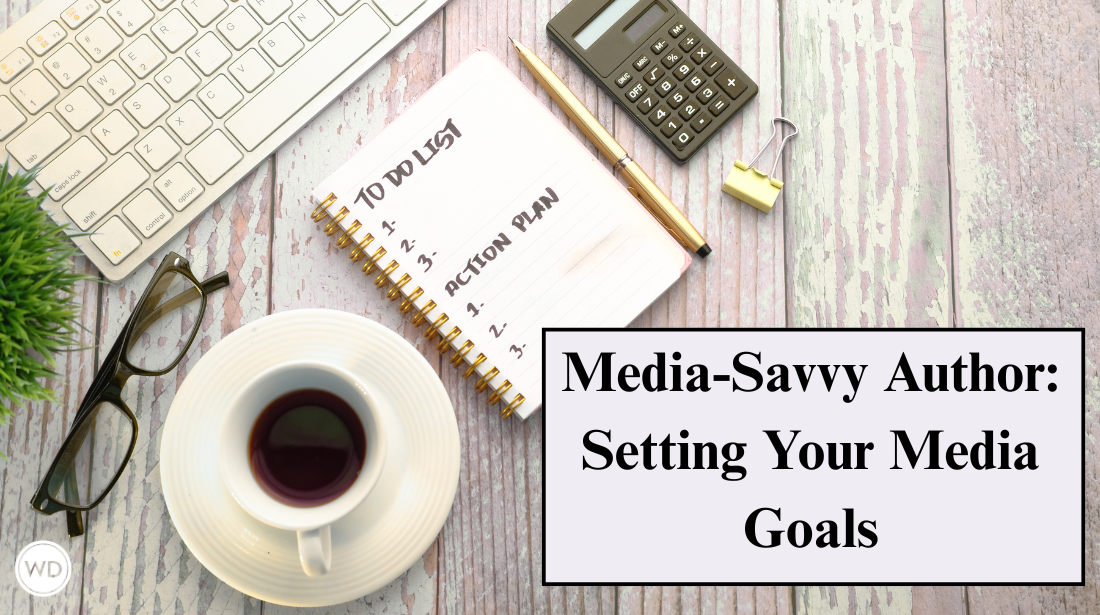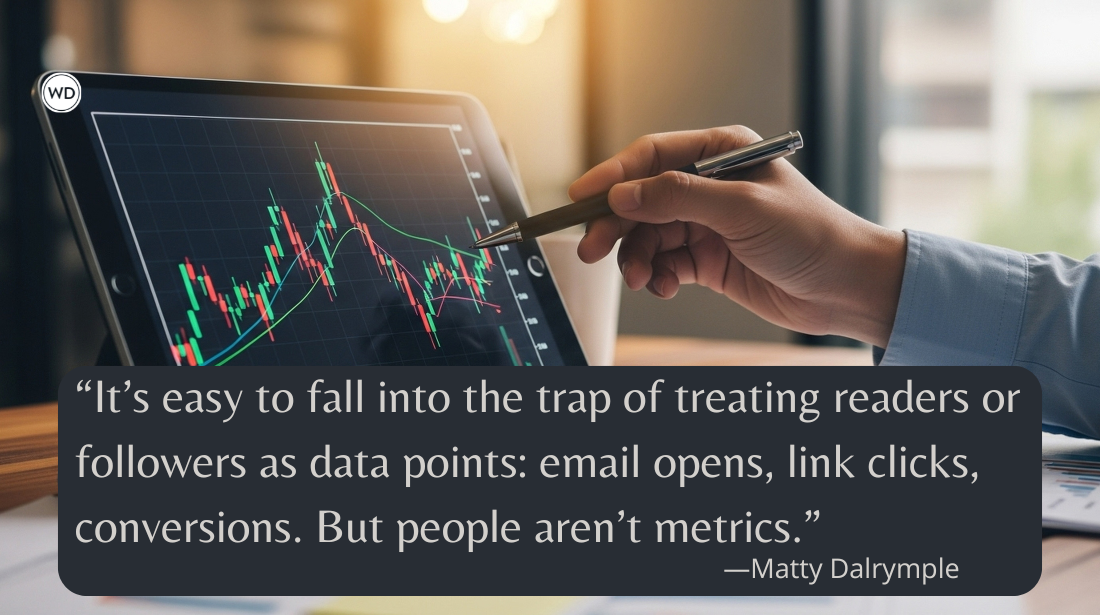What Digital Natives Can Teach Us About Publishing
First, I don’t really believe in the idea of “digital natives.” Digital natives are the students entering college right now who have never experienced life without the Internet. (See more…
First, I don't really believe in the idea of "digital natives."
Digital natives are the students entering college right now who have never experienced life without the Internet. (See more about the history of the term at Wikipedia.)
At UC, I'm teaching roomfuls of these so-called digital natives, and while I'm learning A LOT from my experience, it's not because they're "better" than me when it comes to digital technology (or life lived online vs. offline).
Yet my interactions have clarified a few things about the digital native mindset that might be instructive for the print-focused writers/authors who automatically say, "I don't have time for that" in reference social media—or who automatically equate online/tech with time-wasting, or some lower value activity, or whatever is deemed not-as-good-as WRITING A BOOK.
The comments in this post—where I said to stop using social media if you really hate it—didn't mean that success is found by ignoring the "distraction" of social media. My larger point was that, if you have any imagination at all, I'm sure you can find something you love to do that brings you closer to readers.
I tend to cringe when writers gasp, "Oh, finally! I can focus on WRITING A BOOK."
Because writing, reading, and all the lovely things associated with literary culture are not dependent on book form. (Read this post for one of the best commentaries EVER on this issue.)
So here is what writers/authors might like to know about so-called "digital native" mindset. (Note: Everyone needs to learn digital literacy skills. We are not born
with such skills, and this is why I'm not fond of the "digital native" label.)
- Connection is highly valued. There's acceptance that what we experience online is all within a shifting, hybrid environment. There's an understanding of the risks associated with online identities, but also an instinct about handling paradoxes inherent in online identity and self-expression.
- Media neutral. There are many ways to access entertainment or information, and the most valuable content doesn't have to be physically produced/available to be worthy or credible.
- Focused on passion. Many of my students feel free to completely ignore topics/subjects/lectures they're not personally interested in. What they care about is doing stuff they love. I've read articles that point out the younger generations are afraid they will end up doing things in life they hate. While there's an entire book on this single bullet-point alone, the larger message I hope print-focused authors/writers can take away is: As long as you're doing what you love, does it matter if the expression takes a digital or physical form? Or that a publisher rubber-stamps it?I guess you could argue your passion might be specifically for the physical/print form, but people fool themselves about that all the time. Growing up in a print culture, we're inclined to think of print first, but digging deeper, we usually have concerns that aren't tied to PRINT BOOKS, but tied to READING AND WRITING. (Again, see this post!)
It will sound a little crass/business-y for me to say it, but realize that if you're a writer focused on getting into print, you might not be as competitive against other writers without the print hang-up—who can express their creative potential in other dynamic and powerful ways, and sometimes reach more people doing so.
Jane Friedman is a full-time entrepreneur (since 2014) and has 20 years of experience in the publishing industry. She is the co-founder of The Hot Sheet, the essential publishing industry newsletter for authors, and is the former publisher of Writer’s Digest. In addition to being a columnist with Publishers Weekly and a professor with The Great Courses, Jane maintains an award-winning blog for writers at JaneFriedman.com. Jane’s newest book is The Business of Being a Writer (University of Chicago Press, 2018).




